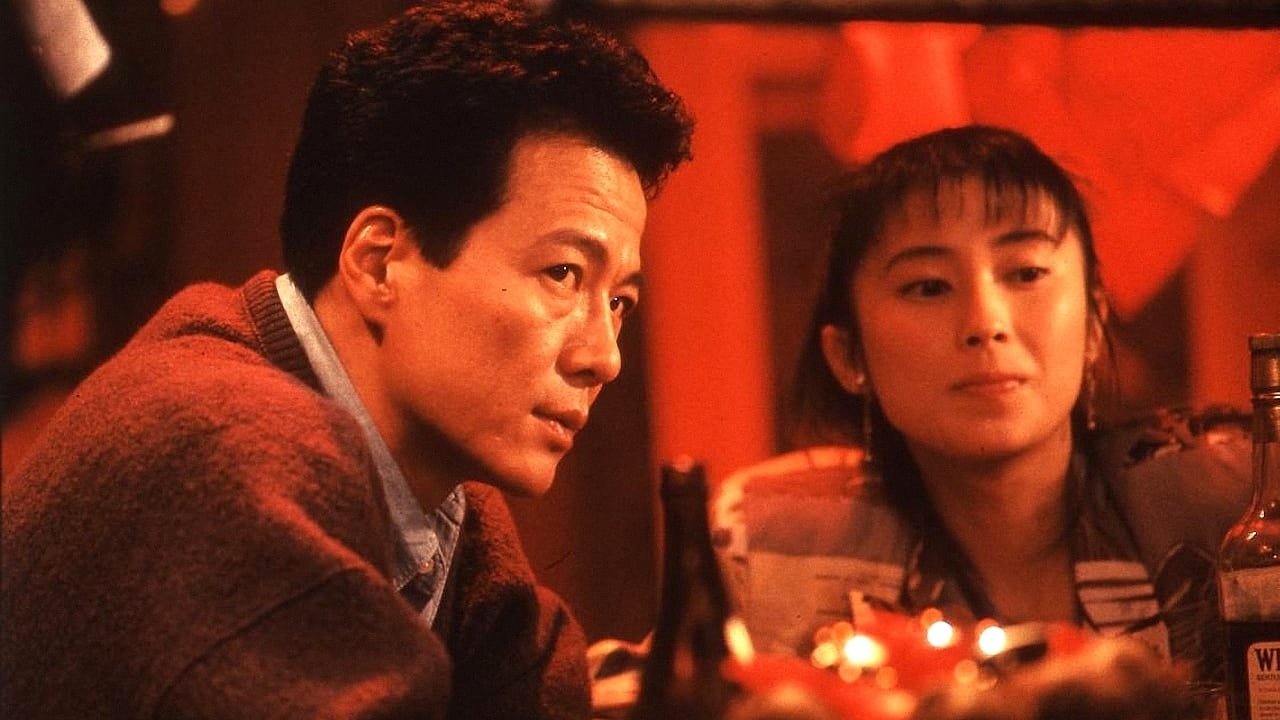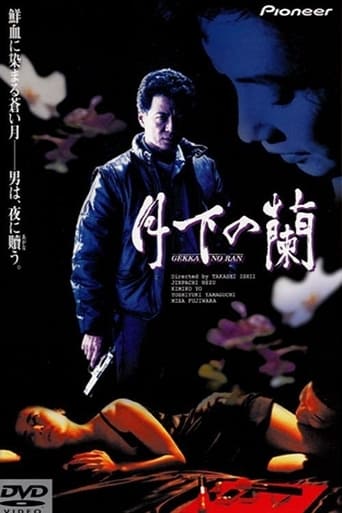



Highly Overrated But Still Good
It was OK. I don't see why everyone loves it so much. It wasn't very smart or deep or well-directed.
View MoreI wanted to like it more than I actually did... But much of the humor totally escaped me and I walked out only mildly impressed.
View MoreYour blood may run cold, but you now find yourself pinioned to the story.
View MoreThis early effort from now acclaimed writer/director Takashi Ishii was made in 1991, three years after he had made his directorial debut on ANGEL GUTS: RED DIZZYNESS. Unfortunately this film, a V-Cinema (short for Video Cinema, i.e. direct-to-video) effort he wrote and directed for Nikkatsu, must have been even lower budget than the ANGEL GUTS films. However, that's not to say that GEKKO NO RAN (translation: MOONLIGHT ORCHID) is without its merits.The story concerns a yakuza who has to witness the killings of both his wife and young daughter but when the assassin is about to shoot him, his gun fails and he flees. 10 years later, we find the protagonist to have become a seemingly emotionless professional gambler. Then, one night, he stops a girl from jumping off a bridge and as a result starts to have feelings again. Just then this other girl is kidnapped by the very same gang who murdered his previous woman. Of course he must do his best to save her as well as take revenge for what happened in the past.The story is obviously quite by the numbers and the production values are nothing to write home about either. Still, there are quite a few nice touches. The cinematography already shows a bit of the style Ishii would develop later on in his BLACK ANGEL and GONIN films. And since the script was written by Ishii, of course the protagonist's murdered wife was called Nami. (All female main characters in Ishii's stories have that name.) I can't say I am very surprised that this film hasn't seen release in the West. It's not bad but far from great as well. It will undoubtedly be of interest to fans of Ishii's work and die hard fans of yakuza movies. There are certainly many worse films than this among the countless direct-to-video this genre produces every year in Japan.
View More